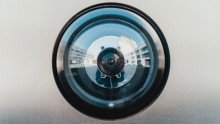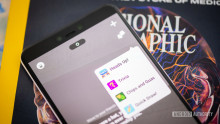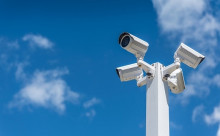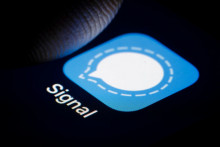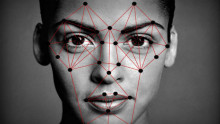Will Facial Recognition and Digital Surveillance End Anonymous Protest?
It’s been almost two weeks since people first took to the streets in Minneapolis to protest police brutality following the deaths of George Floyd and Breonna Taylor at the hands of the police. Since then, demonstrations have gained momentum and spread to cities across the US and world.














































